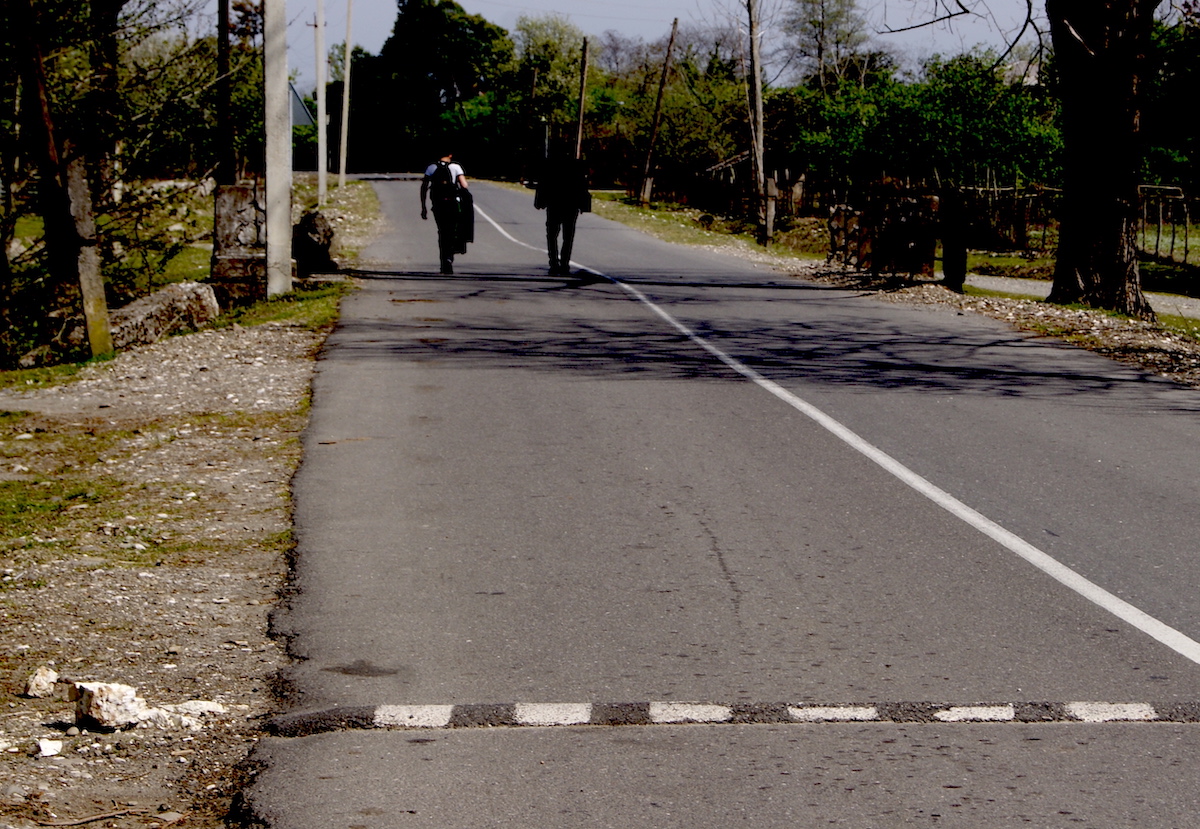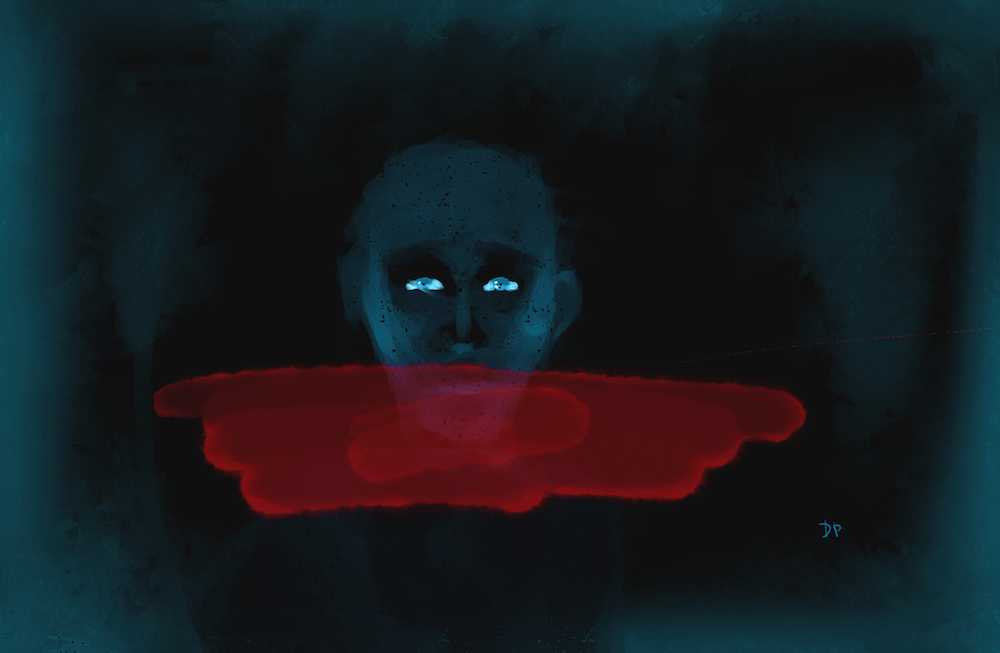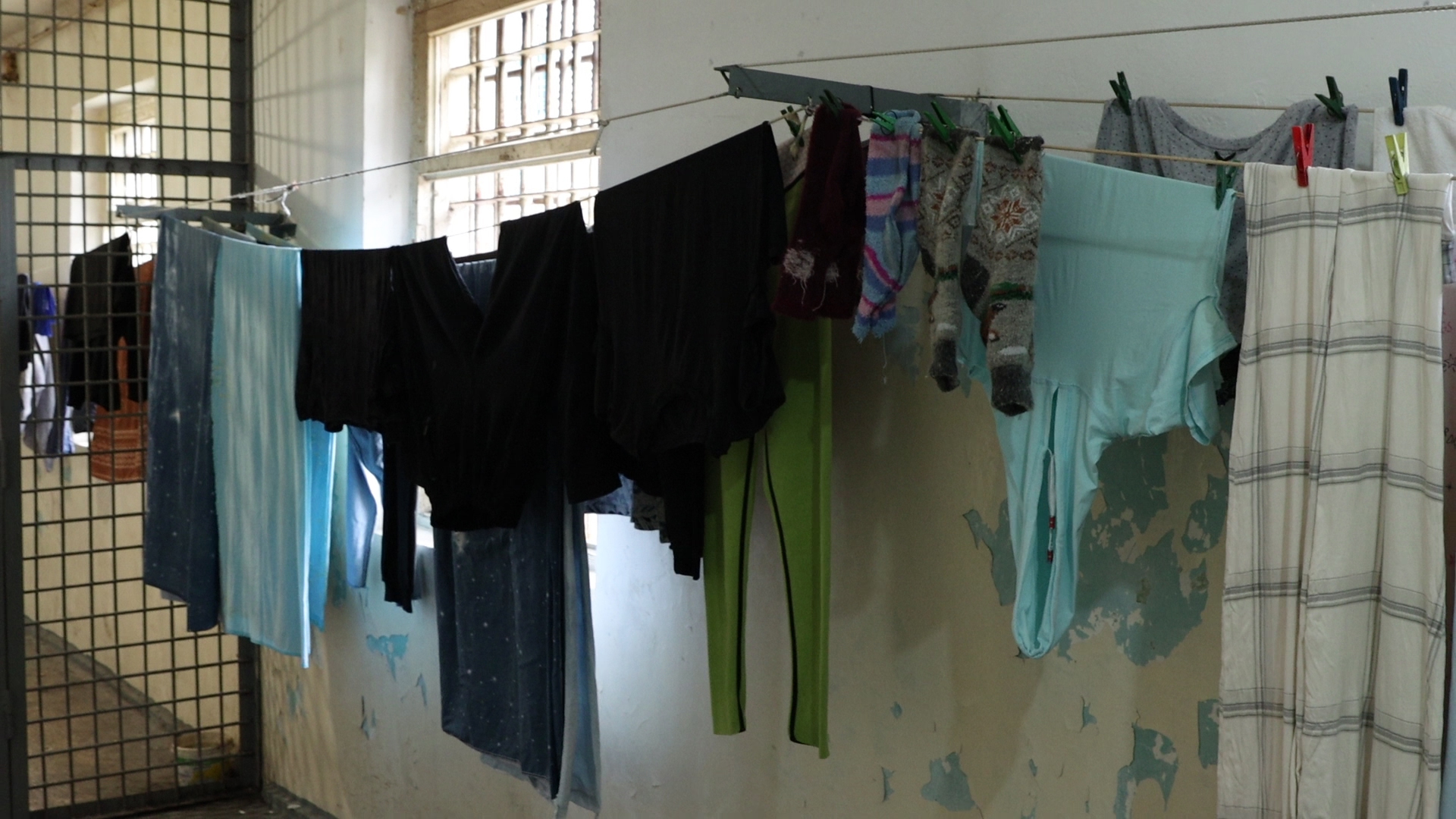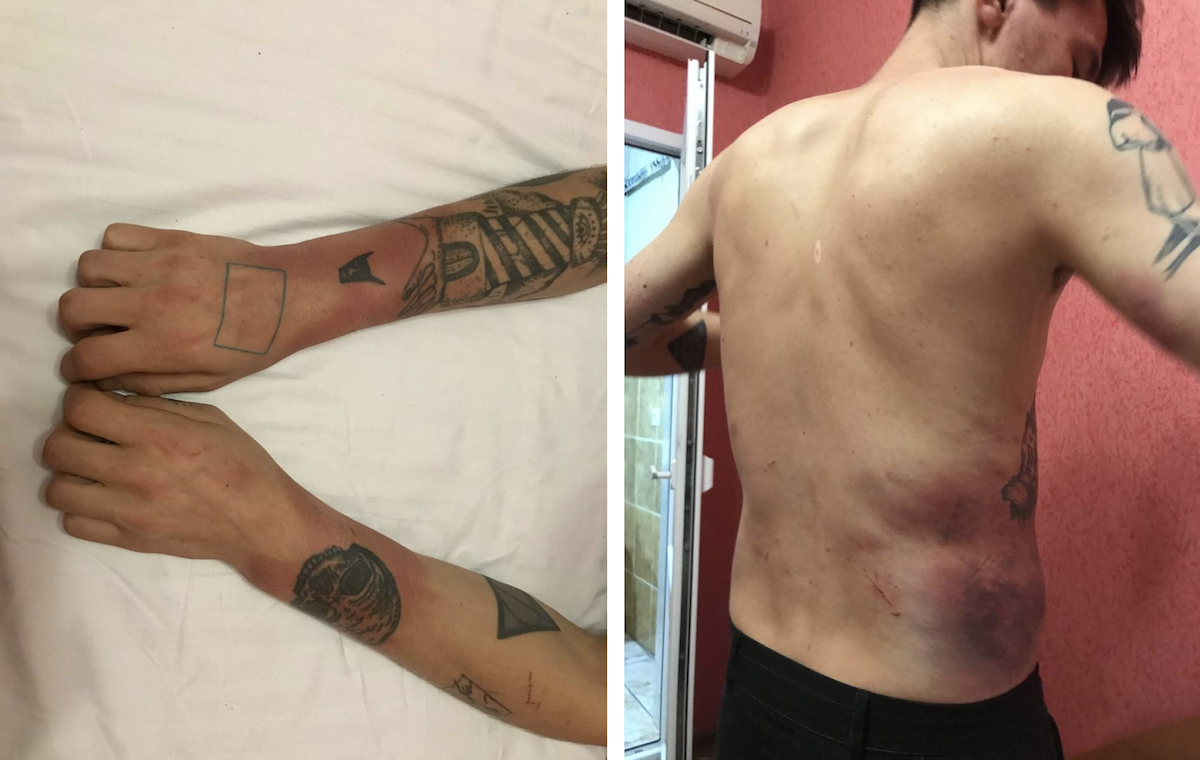
Police brutality in Abkhazia
Police actions in Abkhazia often go unpunished, regardless of their severity or consequences. At least three high-profile cases illustrate this alarming trend.
The first case, which caused a significant public outcry, was the murder of Anzor Tarba within the walls of the Ministry of Internal Affairs in February 2019.
The second incident was the beating of veterans of the Georgian-Abkhaz war on September 30, 2021.
The third case involved the death of a suspect in a pre-trial detention center in the city of Gal in 2023.
In all three instances, the police officers were arrested, charged, and even tried, but received lenient sentences and ultimately got off with fines.
On May 28, the Gali District Court in Abkhazia acquitted two police officers, Albert Zarakua and Vianor Abshilava, who had beaten a suspect in December 2023, leading to his death.
Initially, they were charged with “intentional infliction of grievous bodily harm by a group” and “abuse of power involving violence with severe consequences.” However, the court reclassified the incident as “negligence.”
Zarakua and Abshilava were fined and banned from holding certain positions for one year, meaning they can resume their roles and potentially use the same “investigation methods” that previously resulted in a death.
The near-guaranteed impunity likely emboldens Abkhazian police officers to overstep boundaries during interrogations.
There has yet to be a precedent where such a crime was appropriately condemned.
- “Teenager arrested and beaten for wearing a hoodie” – Scandal in Abkhazia over police abuse
- A luxury cell in an Abkhazian prison. Video tour
“Unproven” murder
Even the high-profile trial of Ministry of Internal Affairs officers accused of killing Anzor Tarba, who had been detained for 15 days for marijuana use, ended in a complete acquittal of the accused.
Anzor Tarba was taken from his home on the night of July 6-7, 2019. His relatives were informed that he was detained for 15 days, but five days later, his body was returned to them.
Relatives photographed the bruises and signs of beatings on his body, and these images quickly spread through social media. However, the Tarba family refused an autopsy, preventing forensic experts from definitively determining if Tarba died as a result of the beatings.
Four officers were arrested on charges of “inflicting harm leading to death,” but the court found insufficient evidence to link them to Tarba’s death and acquitted the accused.
Meanwhile, the then-Minister of Internal Affairs, Garry Arshba, and his deputy, Kazbek Kishmakhov, fled, and their whereabouts remain unknown.
Beating of veterans
In September 2021, special forces officers became embroiled in a scandal.
On September 30, when Abkhazia celebrates Victory Day in the 1992-93 Georgian-Abkhazian war, several veterans, along with then-deputy Garri Kokaia, were celebrating loudly and decided to fire their personal weapons in a salute.
Kokaia fired his weapon in downtown Sukhumi, on the city’s waterfront. Nearby special forces officers intervened to stop this dangerous public behavior. However, Kokaia, protected by parliamentary immunity, refused to comply with their demands. The officers then used force, professionally subduing the veterans.
This incident deeply outraged the veteran community in Abkhazia. After numerous complaints and a picket outside the president’s administration building, a criminal case was initiated against the officers, but they were eventually acquitted.
A trap for tourists
Currently, the leadership of the Abkhazian Ministry of Internal Affairs (MIA) is focusing on combating drug trafficking.
Minister of Internal Affairs Robert Kiut has repeatedly announced that criminal investigation officers receive significant bonuses for capturing drug dealers. This seems to explain their eagerness to extract confessions, even from innocent individuals.
In the spring of 2021, the attention of police in the resort town of Gagra was drawn to a Russian tourist, Artem Russkikh. He was detained for a document check. Artem’s casual appearance and tattoos raised further suspicion, and the officers decided to take him to the station.
As Artem later recounted to Russian journalists, he was tortured both at the station and at a riverside location where he was beaten and threatened with having his teeth pulled out if he did not confess to drug trafficking. Ultimately, after failing to obtain a confession, he was released.
The Abkhazian MIA responded to this incident by suspending the officers involved pending a prosecutor’s investigation. The case was later hushed up.
Possible solution
Former Abkhazian ombudsman Asida Shakryl regularly highlighted the need to enshrine the concept of “torture” in the criminal code in her reports. She believed that instances of police misconduct were far more prevalent than the public was aware of.
However, the authorities have taken no steps in this direction. The ironic phrase from the Soviet past, “My police protect me,” no longer amuses but instead irritates the residents of Abkhazia.
Since 2019, when the body of Anzor Tarba, who died in a detention cell, was carried out from the Sukhumi city police department, even the most law-abiding and respectable citizens fear the Abkhazian police.
Toponyms, terminology, views and opinions expressed by the author are theirs alone and do not necessarily reflect the views and opinions of JAMnews or any employees thereof. JAMnews reserves the right to delete comments it considers to be offensive, inflammatory, threatening or otherwise unacceptable.



